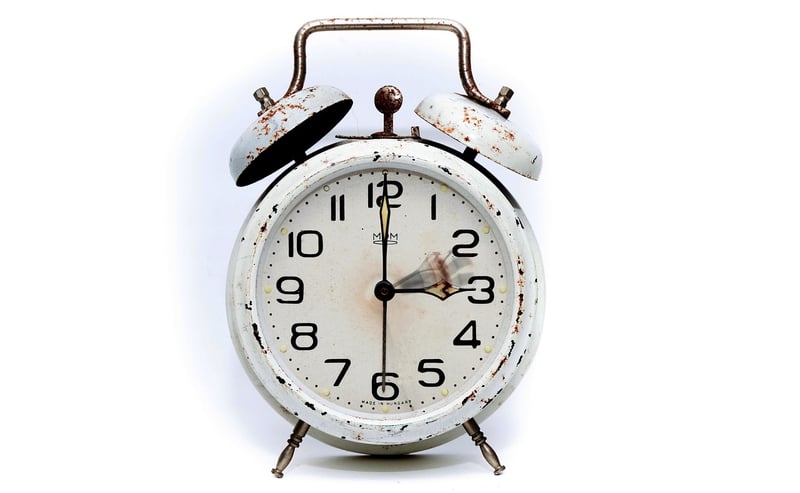Grandfather Paradox
Navigating Time Conundrums: Understanding the Grandfather Paradox
Time travel has long been a fascinating concept in science fiction, often leading to complex paradoxes that challenge our understanding of causality and the flow of time. One of the most famous paradoxes is the Grandfather Paradox, which illustrates the potential pitfalls of altering the past. Let's delve into this intriguing concept and explore how it relates to time travel.
The Grandfather Paradox Explained
The Grandfather Paradox poses a scenario where a time traveler goes back in time and inadvertently prevents their grandfather from meeting their grandmother. As a result, the time traveler's parent is never born, leading to the time traveler's own non-existence. This paradox highlights the inherent contradictions that arise when considering the implications of changing the past.
Resolving the Paradox
Various theories have been proposed to address the Grandfather Paradox. One possibility is the idea of parallel universes, where any changes made in the past create a new timeline separate from the original one. This would mean that the time traveler could alter events in the past without erasing their own existence in their original timeline.
Time Travel Dilemmas
Time travel concepts often lead to thought-provoking dilemmas, such as the butterfly effect and causal loops. The butterfly effect suggests that even minor changes in the past could have significant repercussions in the future, while causal loops involve events influencing themselves in a circular manner.
Conclusion
While the Grandfather Paradox and other time conundrums may seem puzzling, they serve as fascinating explorations of the nature of time and causality. As we continue to ponder the mysteries of time travel, we are reminded of the intricate interconnectedness of past, present, and future.

Explore more about time travel and paradoxes here.
